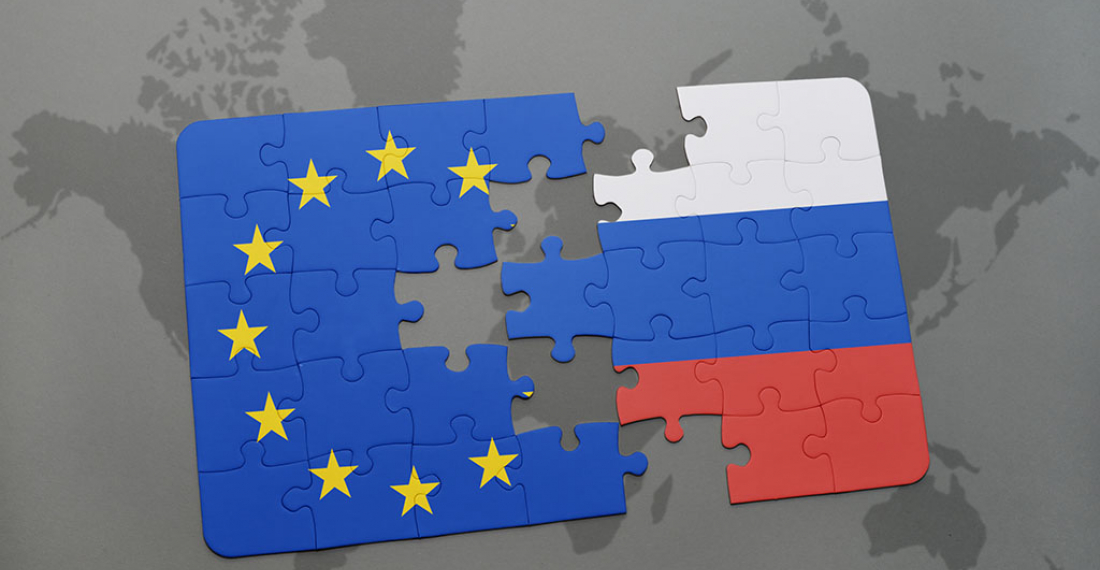The Russian Ministry of Foreign Affairs announced Friday (30 April) new sanctions targeting eight European functionaries. The eight prominent European Union officials are no longer allowed to enter Russia. They include Executive Vice-President of the European Commission, Vera Jourova, and President of the European Parliament, David Sassoli. The travel bans are also in response to previous sanctions imposed by the European Union.
The sanctions are in response to the EU sanctions in March on four senior Russian security functionaries for their role in the prosecution of the Russian activist Alexei Navalny.
"The European Union continues a policy of illegitimate, unilateral restrictive measures against Russian citizens and organizations. In March 2021 alone, six Russians were subjected to illegal EU restrictions," the ministry said in its statement. "Such actions by the European Union leave no doubt that their true goal is to restrict the development of our country at all costs." It also spoke of "anti-Russian hysteria."
EU functionaries from France, Germany, and the Baltic states are also on the sanction list. Among them are Berlin prosecutor, Jorg Raupach, and Swedish Head of Department of CBRN laboratory in Umea, Asa Scott. They helped establish last year that Navalny had been poisoned with the nerve poison Novichok.
EU Response
In a joint statement issued on Friday evening by the President of the European Council, the President of the European Commission, and the President of the European Parliament the EU strongly condemned Russia's actions and reserved the right to take appropriate measures in response to the Russian authorities' decision.
"This decision is the latest, striking demonstration of how the Russian Federation has chosen confrontation with the EU instead of agreeing to redress the negative trajectory of our bilateral relations."
"We condemn in the strongest possible terms today's decision of the Russian authorities to ban eight European Union nationals from entering the Russian territory. This includes the President of the European Parliament David Sassoli, Vice President of the European Commission Vera Jourova, as well as six EU Member States' officials. This action is unacceptable, lacks any legal justification and is entirely groundless. It targets the European Union directly, not only the individuals concerned."






